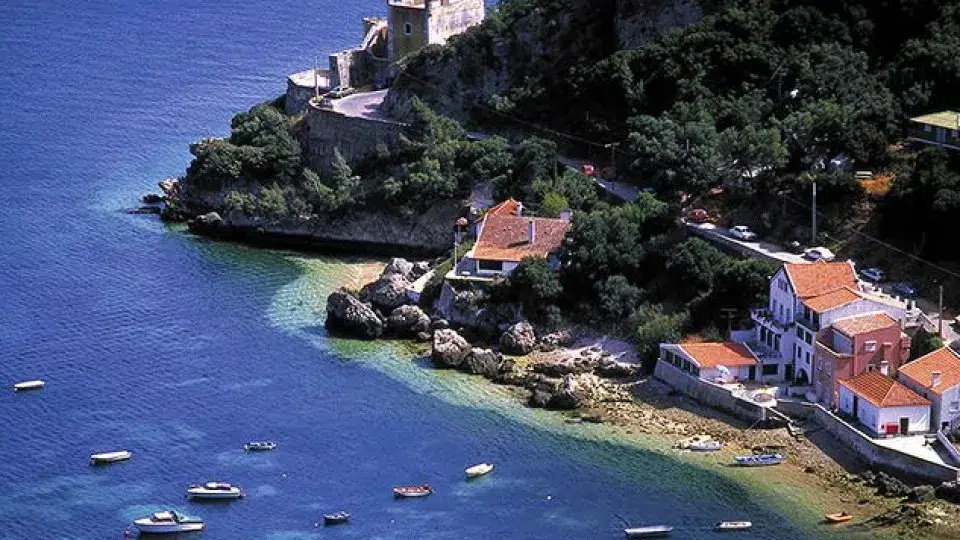
“The municipalities of Setúbal, Sesimbra, and Palmela, supported by the Instituto da Conservação da Natureza e das Florestas (ICNF) and coordinated by the Association of Municipalities leading this project, have consistently sought greater recognition for the Arrábida to better defend and promote this heritage,” stated André Martins, following the recognition of Arrábida as a UNESCO Biosphere Reserve.
“In this regard, it is extremely significant for our region that the Arrábida territory joins the UNESCO network of biosphere reserves. It is crucial because it not only promotes our territory but also aims to achieve better harmony between nature conservation and the economic activities developed in our mountains,” added the president of AMRS and current mayor of Setúbal.
André Martins publicly commended the technical and scientific teams involved in the candidacy, acknowledging their work as fundamental to UNESCO’s recognition.
The candidacy for Arrábida to become a Biosphere Reserve was submitted in September 2024 to the Man and the Biosphere (MaB) Program Secretariat of UNESCO in Paris.
In a brief description of the Arrábida Biosphere Reserve, UNESCO highlights its location on “Portugal’s stunning Atlantic coast,” covering 200 square kilometers centered around the Serra da Arrábida, “with limestone cliffs diving into the ocean, setting a scene that combines Mediterranean shrublands, dense stone pine forests, hidden caves, and vibrant marine ecosystems.”
The Arrábida Biosphere Reserve hosts over 1,400 plant species—representing 40% of Portugal’s flora—including 70 rare and endemic species.
It also supports diverse fauna, with 200 vertebrate species and over 2,000 marine species, including bottlenose dolphins (Tursiops truncatus), European seabass (Dicentrarchus labrax), and red mullets (Mullus barbatus).
UNESCO also highlights the “impressive coastal cliffs and underwater canyons,” noting that about 68,000 people reside in historical towns, picturesque fishing ports, and charming rural villages throughout the reserve.
“Economic activities combine ancient traditions—such as artisanal fishing, olive cultivation, and the production of the famous Moscatel de Setúbal—with emerging ecotourism opportunities. In Setúbal and Sesimbra, fishing families maintain artisanal equipment and seasonal calendars, like sardine fishing (art of fishing), passing down traditional knowledge that supports marine ecosystems,” the document explains.
According to AMRS, the candidacy, approved today, sought to “establish Arrábida as a living laboratory for sustainability, promoting a balance between economic, social, and cultural activities and the preservation, conservation, and recovery of ecosystems in the valuable Mediterranean biome of the mountains and surrounding region.”
Last July, Maria da Graça Carvalho, then Minister of Environment and Energy, declared support for the candidacy, considering it “an important milestone for the region and the country,” stating that international recognition would project Arrábida on the global stage.
The area now designated as a Biosphere Reserve is already partly covered by protected areas and the Natura 2000 Network. It includes the Luiz Saldanha Marine Park, a total protection area prohibiting human activities as it serves as a breeding site for species like seahorses and cuttlefish.




